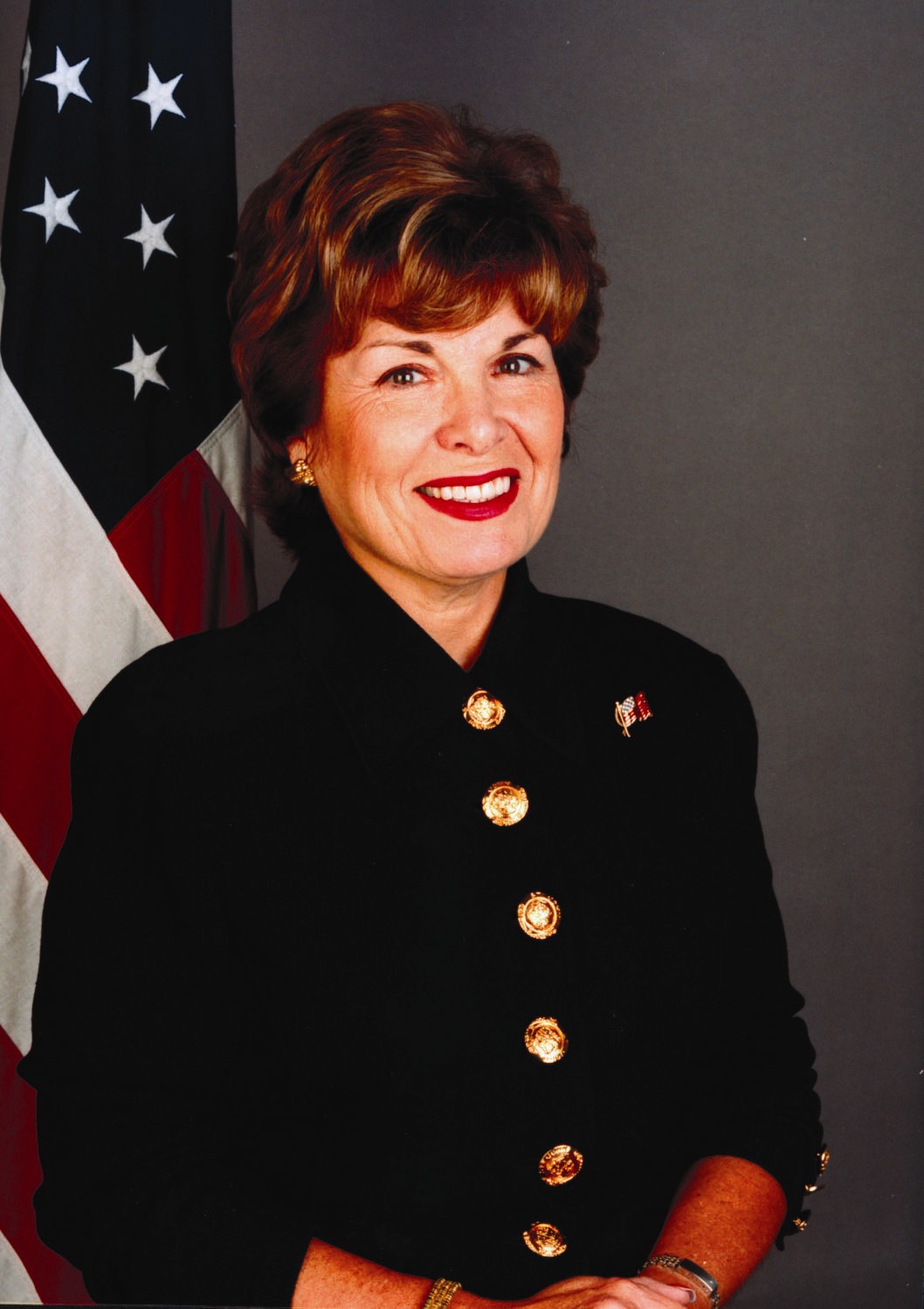Nice Above Fold - Page 902
- In an epilogue to her feature on pubcasting funding, On the Media co-host Brooke Gladstone reveals that Lyndon Johnson invented the Internet [RealAudio file] — or at least foresaw it at the time he was godfathering public broadcasting. The BBC will double spending on journalism training to 10 million pounds a year, but has decided to do it online rather than creating a bricks-and-mortar college, The Scotsman of Edinburgh reported.
- The New York Times Magazine profiles Nic Harcourt, music director at KCRW-FM in Santa Monica, Calif.: “At a time in radio when D.J.’s generally possess little personality and no responsibility for choosing the music they play, he has emerged as the country’s most important disc jockey and a genuine bellwether.”
Over objections, CPB hires Patricia Harrison as president
The CPB Board followed its own inclination over the urgings of numerous public broadcasters last week, naming former GOP chair Patricia S. Harrison as the corporation’s next president.
Opponents want him gone, but Tomlinson sits tight
The White House confirmed that Tomlinson will not be dismissed.House votes 2 to 1 to restore CPB aid
A week of rallies, petitions, public service announcements and entreaties to Congress persuaded the House of Representatives to restore the $400 million appropriation for next year that Congress advance-funded two years ago.Public TV lobbies and bids to keep grants for kids’ television
Public TV has to move on two fronts to protect Ready to Learn, the Department of Education grant program that supports several PBS Kids series.- People for the American Way called it a “landslide.” Urged on by pubcasting backers around the country, the House voted 284-140 to restore $100 million cut from CPB’s budget in a subcommittee, AP reported. However, the House did not undo the $23 million deletion of the Ready to Learn program for children’s TV or $89 million in requested aid for digital transition and pubTV’s satellite system overhaul. More than 80 Republicans joined Democrats in supporting an amendment by Reps. David Obey (D-Wis.), Nita Lowey (D-N.Y.) and Jim Leach (R-Iowa), said Free Press, one of several groups that helped pubcasters publicize the issue.
- Who supports public broadcasting? In the heat of battle over federal funding to the field, “Democrats in Congress and liberal organizations have emerged as public broadcasting’s most visible and vocal supporters, while Republicans and conservatives have stayed mostly silent,” reports the Washington Post.
Featured Jobs




